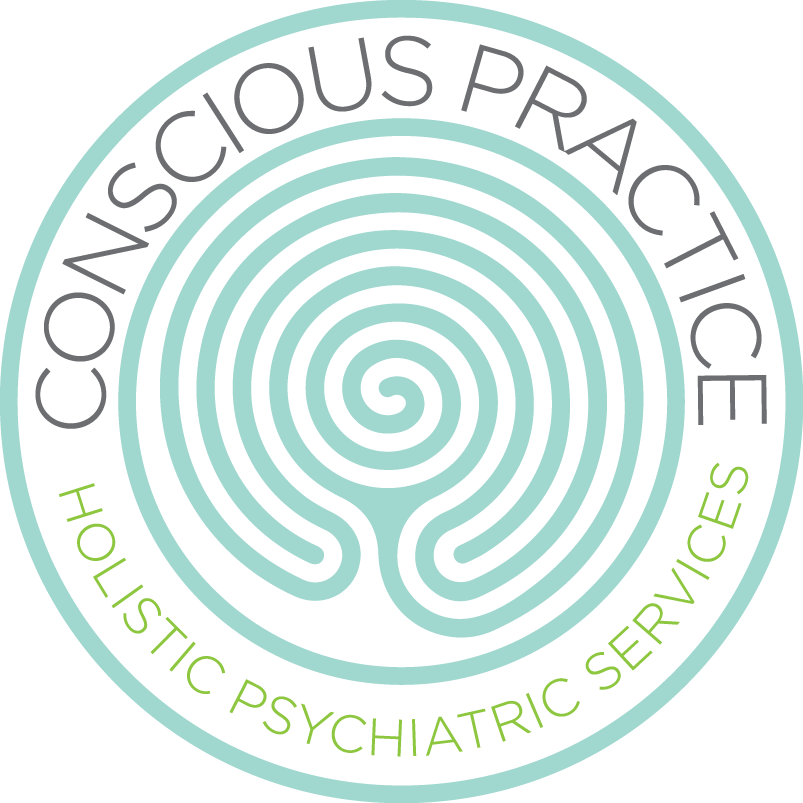How do we make meaning from our birth stories? In our society, the experience of the birthing person is often overlooked. “At least the baby is healthy; that’s all that matters!” Not so. For both parents and babies, birth matters. The way we give birth deeply impacts how we become parents, the way we view ourselves, and the relationship we have to this particular baby being born.
It’s important to clarify that we can honor the depth of impact while also neutralizing the diverse paths babies take to get into our arms. There is no right or wrong way to birth. Birth can be surgical, medically induced, herbally induced, manually facilitated, physiologically undisturbed, and sometimes a combination of these. Birth can take place at home, in a hospital room, at a birth center, in an OR, or in an unplanned location like a car or ambulance or waiting room. Birth can be supported by traditional midwives, a team of physicians and nurses, a certified nurse-midwife, a doula, a partner, or no one at all. Birth can make us very vocal and dramatic, highly externalizing, or can draw us inward, completely internalizing. Birth can take a very, very long time or a shockingly short amount of time. We all benefit when we view these variations as variations of normal—and all morally neutral. There is no right or wrong path and thus no way to fail in birth.
Rather than focusing on the superficial realities of birth like the timing, location, attendants, and interventions, what creates lifelong impact on a birthing person is actually the inner experiences of how we felt during the birth process. Did we feel supported? Respected? Controlled? Diminished? Powerful? Confident? Rushed? Restricted? Contained? Honored? Judged? Silenced? Seen? Loved? Ignored? Violated? Vindicated? Wild? Free? Inhibited? Coerced? Trusted? Safe? How we were treated by the people around us and how we treated ourselves internally are more important than any other dimension of our birth. The emotional responsiveness to the twists and turns of birth is the heart of our birth experience. And it is that responsiveness that becomes the site of possibilities in the processing phase, making meaning, and repairing any wounds we may carry with us after the fact.
The sensations of labor and unfolding events during a birth are often indescribable and beyond any expectations we had. Sometimes there is such a vast mismatch between our expectations and the experience, we are left with tremendous emotional residue or pain that stays with us for days, weeks, months, and even years. Some people identify this as birth trauma. Birth trauma can occur when a person’s inner resources are overwhelmed during the intense experience of labor and birth or the mistreatment they experienced during the process. This can develop into trauma manifestations like PTSD, though it is certainly not always the case. In birth our bodies are the portals between life and death, which can be an overwhelming experience in and of itself.
Whether you relate to your experience as traumatic or not, it can be incredibly helpful to process your birth story after giving birth to release and resolve any residual energy from the experience. We can process our birth stories both verbally and somatically. Verbal processing involves talking and telling your story, focusing on the words and ideas related to your experience and attempting to translate your experience into language. Ways to process verbally might include journaling or writing out your birth story, telling your birth story aloud to a trusted friend, sharing stories within a safe support group, or engaging in talk therapy about your experience from the birth. Somatic processing engages the images and sensations, the direct sensory input from your experience. Processing somatically could include dance, sex, intentional movement, or working with a skilled practitioner who can support you with specific modalities like accelerated resolution therapy or somatic experiencing work. You can read more about trauma processing here.
No one can choose how a birth will go. But we do get to choose how we respond to it afterwards. Whether you are freshly postpartum or reflecting after many years, tune into your body and see if there is residual energy from your birth experience(s). What sensations need attending to? What fears and wishes emerge when you pay attention with an open heart? If you sense you need more support or guidance in your process, consider finding a support group or enlisting the help of a doula or clinician trained in perinatal mental health. No matter what you’ve experienced and when it happened, healing, resolution, and integration are always possible.

